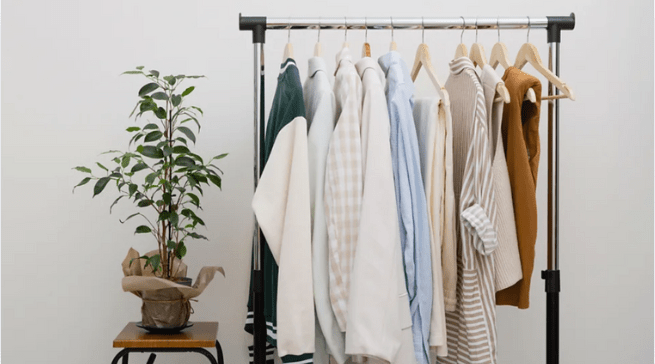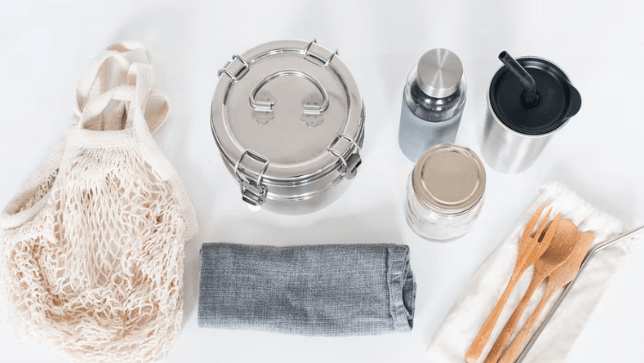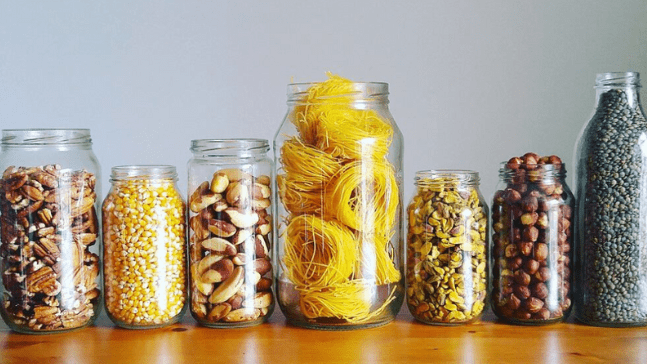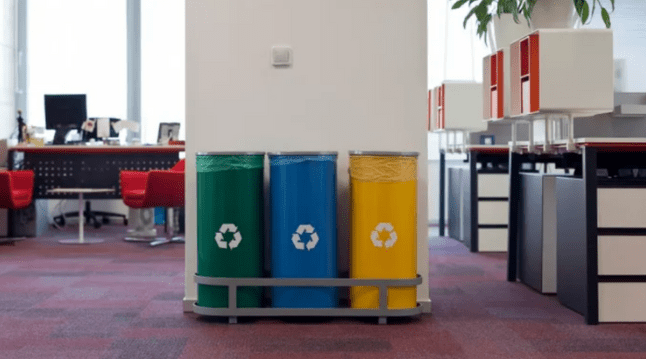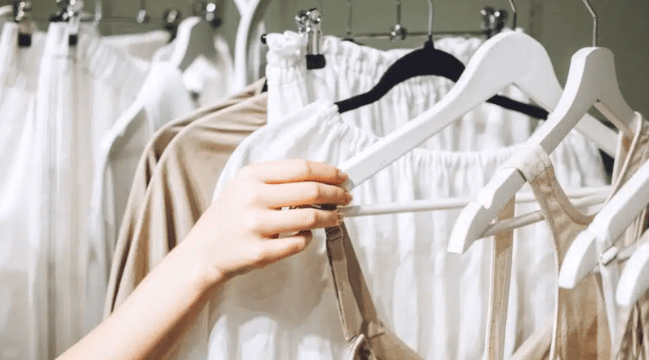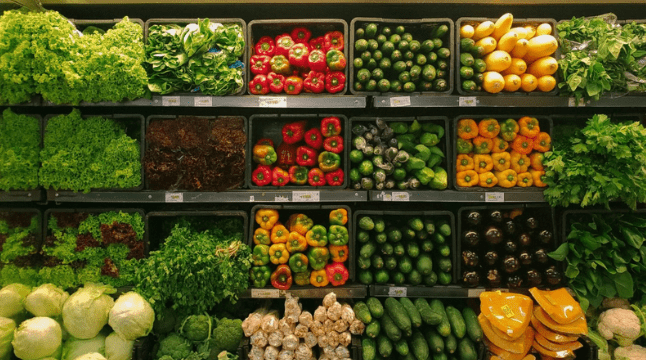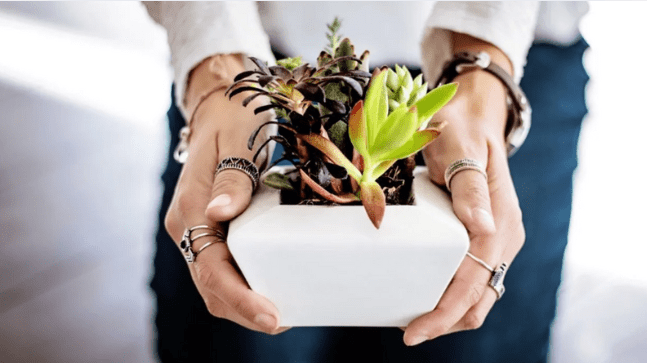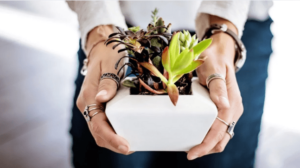Introduction: Cut Plastic, Not Productivity
Each pen, binder, sticky note, and coffee pod in your office may appear innocent — until you take a closer look. The office is often a plastic minefield crowded with disposable items that end up in landfills, pollute oceans, and contribute to microplastics exposure. But in 2025, workspaces are evolving. A significant number of people are opting for plastic-free office supplies to align their work practices with their personal environmental standards. From eco pens to sustainable storage, this guide uncovers the best swaps for a greener desk—so you can do better business and a better planet.
Chapter 1: Why and How to Go Plastic-Free at Work
Your desk could be costing a lot more than paper and electricity. Here is why getting rid of plastic is important:
-
Plastic pens: More than 1.6 billion disposable pens are thrown out each year.
-
Plastic folders and binders: Not easily recyclable, and often single-use.
-
Sticky notes with plastic backings: Not compostable and laced with glue.
-
Office snacks and supplies: Single-use packaging in non-recyclable materials.
Eliminating plastic keeps harmful waste out of landfills and reduces exposure to toxins while providing a cleaner, more calming working space.
Chapter 2: Eco-Writing Tools
How your pens and pencils are contributing to plastic waste. Upgrade to:
-
Fountain pens (refillable): Smooth, long-lasting, and made without plastic.
-
Newspaper or biodegradable pens: Made from newspaper or other biodegradable materials.
-
Wooden pencils (FSC-certified): Naturally biodegradable, made of wood, and sustainable.
-
Metal barrel mechanical pencils: A pencil that can be used and refilled forever.
-
Plastic-free highlighters: Opt for wood-cased or wax-based highlighting pencils.
Bonus: Refillable tools will save money in the long run and produce less clutter.
Chapter 3: Drawing Notes and Paper Sustainably
Go beyond recycled paper. Opt for writing gadgets compatible with the state of the environment if it is:
-
Eco treeless notebooks: Crafted from stone, bamboo, or sugarcane pulp.
-
Uncoated recycled paper: Fully compostable.
-
Spiral notebooks with cardboard covers and metal rings: Say no to plastic binding!
-
Reusable notebooks: Write with erasable gel pens, saving paper and protecting the environment.
-
Digital tablets (if paperless): A genuinely waste-free alternative for note-takers.
Look for FSC or Cradle-to-Cradle certifications on the real thing.
Chapter 4: The Plastic-Free Desk Organization
Skip the acrylic bins and PVC desk trays. Try these alternatives:
-
Bamboo organizers: Beautiful, sturdy, and plastic-free.
-
Recycled cardboard files and magazine holders: Simple to recycle.
-
Metal document trays: Strong and durable.
-
Natural material pouches: Ideal for small tools and parts.
-
Cork desk mats and mousepads: Non-toxic, biodegradable.
These materials reduce plastic use while looking great in your workspace.
Chapter 5: Green Storage Solutions
Store without plastic. Here, from small-batch producers, are some storage solutions that combine sustainability and design:
-
Kraft paper folders: Compostable and durable.
-
Recycled paper or wooden binders: Say no to plastic binders; there are alternative options!
-
Cardboard archive boxes: Strong and stackable.
-
Glass jars or metal tins: Store clips, rubber bands, and small stationery.
-
Upcycled tins and fabric baskets: Inexpensive, crafty choices.
Power goes minimalist and eco-efficient with these savvy swaps.
Chapter 6: The Zero-Waste Guide to Mailing & Packages
Postings shouldn’t mean trash:
-
Paper tape: Compostable, strong — and replaces plastic packing tape.
-
Recycled padded mailers: No plastic bubbles inside.
-
Compostable shipping labels: Printed with soy-based inks.
-
Cardboard StayFlat envelopes: Great for flat documents or prints.
-
Staple-free staplers: A sustainable option that reduces metal and plastic waste.
Great for home businesses, artists & eco-entrepreneurs.
Chapter 7: A Sustainable Approach to Tech Accessories
Tech is forever, but go green with it:
-
Wooden phone supports and laptop risers: Renewable and recyclable.
-
Biodegradable keyboard covers: Made from plant-based materials.
-
Cork mousepads: Compostable and plastic-free.
-
Organic cotton cable wraps: Tidy up cords without plastic ties.
-
Solar desk chargers: Conserve electricity and reduce emissions.
Here are some tools to give your workstation eco-conscious tech vibes.
Chapter 8: Best Breakroom and Pantry Supplies for Sustainability
Let the office kitchen not be your sustainability downfall:
-
Reusable coffee filters and mugs: No pods. No paper. No waste.
-
Stainless steel cutlery sets: Swap out disposables.
-
Compost bins: Simplify and smarten waste sorting.
-
Cloth napkins and dish towels: Reduce paper waste.
-
Glass food containers: For lunch and leftovers.
Minor breakroom modifications lead to big environmental paybacks.
Chapter 9: Strategies for a Plastic-Free Work Lifestyle
It’s not just about the tools — it’s about the habits. Here’s how to maintain consistency:
-
Have a zero-waste office kit: Reusable bottle, utensils, napkin, and straw.
-
Establish a “no plastic packaging” policy for office supplies.
-
Promote team swaps or secondhand sourcing for supplies.
-
Monitor your waste reduction on a monthly basis — make it a team effort.
-
Make it a competition with a plastic-free challenge.
When it’s part of your office culture, sustainability is contagious.
Chapter 10: Sources for Plastic-Free Office Supplies
Support brands and retailers that align with your values:
-
Wisdom Supply Co. – School and office supplies that don’t create plastic waste.
-
Onyx and Green – Recycled and biodegradable office supplies and business accessories.
-
Ecosia Marketplace – Sustainable office supplies from certified green suppliers.
-
Package Free Shop: They have notebooks, pens, and accoutrements.
-
JetPens & Vanness – For refillable writing instruments and eco-friendly lines.
Also search local eco shops, or online market places, who provide an eco-filtered search option.
Conclusion: Craft a Workspace That Suits Your Values
Working plastic-free is not just about the environment — it’s about procurement, intent, and influence. It is a statement, every biodegradable pen, every recycled notebook, every bamboo file holder: that work can be productive and responsible. Whether you’re at home or leading a team, trading in your plastic supplies fosters a healthier mindset, a tidier desk, and a smaller carbon footprint. A more intelligent office begins with smarter choices, and your desk is a good place to start.
FAQs: Plastic-Free Office Supplies
Q1: Is it costly to transition to office supplies that are plastic-free?
A1: Not necessarily. Some items may cost more up front, but they’re generally reusable and last a long time, which will ultimately save you money.
A2: Can I have a professional office that doesn’t look like plastic?
A2: Absolutely. Many eco-friendly options, such as bamboo, metal, and recycled paper, have a clean, contemporary look.
Q3: Do plastic-free ink cartridges exist for printers?
A3: Seek out refillable cartridges or ink refill stations to minimize plastic waste.
Q4: How can I get my company to start using sustainable office supplies?
A4: Begin with the data — demonstrate the cost savings and environmental benefits. Recommend a trial and get your colleagues involved.
Q5: What’s a basic plastic-free swap I can start with?
A5: Start with pens and notebooks — they’re daily use items and also the easiest to substitute with eco-friendly versions.

